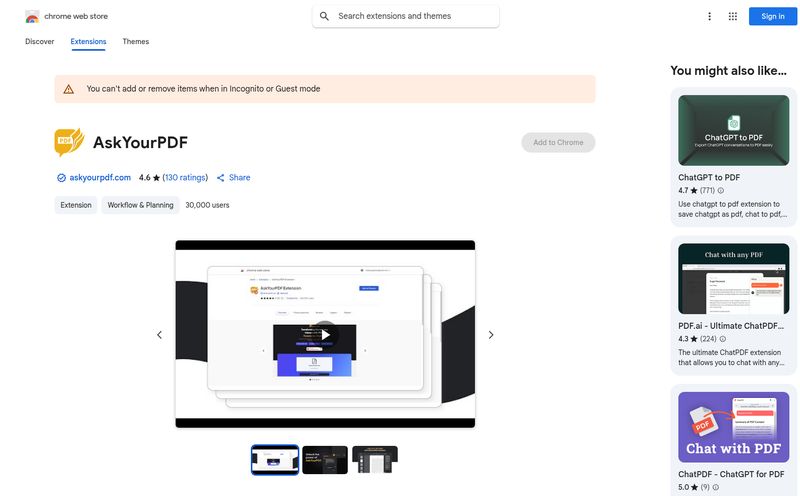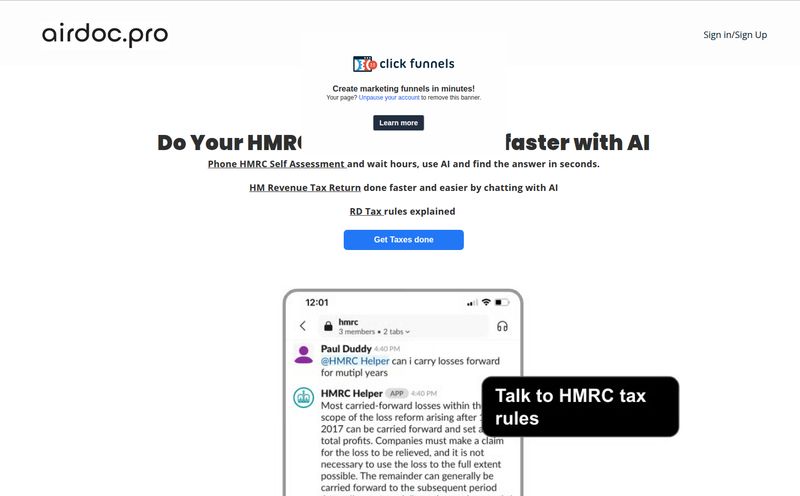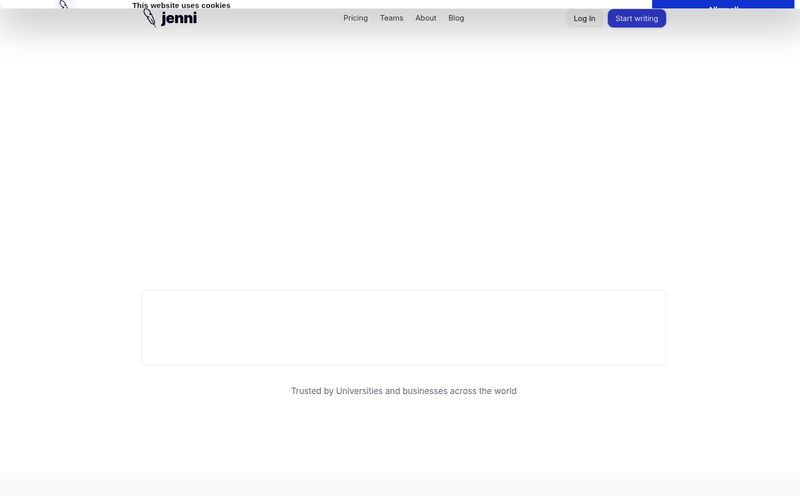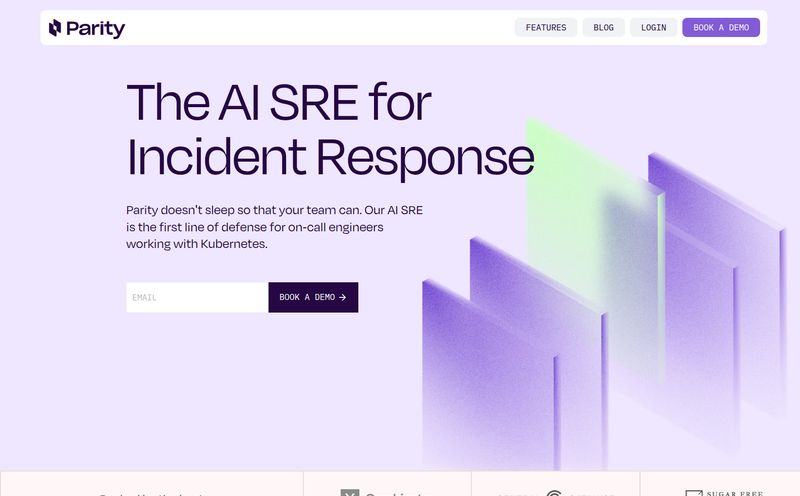If you’re in the pentesting game, you know the drill. The thrill of the hunt, the dopamine hit of getting that shell, the satisfaction of piecing together a complex exploit chain... and then, the crash. The soul-crushing, mind-numbing reality of report writing.
It’s the part of the job nobody talks about in the cool hacker movies. The hours spent copying and pasting terminal output, screenshotting Burp requests, and trying to explain a critical RCE to a non-technical audience without sounding like a robot. I’ve personally lost entire weekends to the 'reporting phase'. It's the necessary evil, the administrative black hole where passion goes to die. We’ve all been there, fueled by caffeine and regret, wondering if there’s a better way.
So when I heard about Pentra, a platform that claims to automate the whole darn thing using generative AI, my skepticism meter went off the charts. Another AI solution promising to solve all our problems? Sure. But my curiosity got the better of me. I had to see if it was just hype or if it could genuinely give me some of my weekend back. So, I signed up and took it for a spin on a mock engagement. Here’s what I found.
What Exactly is Pentra, Anyway?
First off, let’s clear something up. Pentra is not another automated scanner that does the pentest for you. Thank goodness. Instead, think of it as the perfect junior assistant you’ve always wanted. It’s a hyper-efficient scribe that shadows your every move, meticulously logging your work in the Linux command line and Burp Suite, and then turns all those raw notes into a coherent, professional report draft.
You still do the real work—the thinking, the poking, the prodding. You’re the expert in the driver’s seat. Pentra is just handling the tedious task of documenting the journey. It integrates directly into the two places most of us spend our time: the terminal and Burp. This integration is the core of its magic.

Visit Pentra
Getting Started: My First Impressions
The sign-up process is what you’d expect—you need to create an account to get in. A minor hurdle for some who just want to poke around, but pretty standard for any serious platform. Once inside, the UI is clean, dark, and feels modern. It has that sleek, 'built-for-hackers' aesthetic without being cheesy. It felt pretty intuitive to navigate, which I appreciate. The last thing I want is to learn a complex new tool just to simplify another part of my job.
Setting up the logger was surprisingly straightforward. A simple command in your terminal to start the logger, and you're off. The Burp Suite integration, via an extension, was similarly painless. Within minutes, I was ready to start my mock test, with Pentra quietly recording in the background. So far, so good.
The Magic Behind the Curtain: How Pentra Works
This is where things get interesting. The entire workflow is designed to be as non-intrusive as possible, which I think is its biggest strength.
Logging Your Every Move (Without the Paranoia)
As I ran my usual enumeration and exploitation commands—nmap scans, dirbusting, gobuster, you name it—the Pentra logger captured both my commands and their output. No more manually copying and pasting from my iTerm window into a messy CherryTree or Obsidian file. The same thing happened in Burp. Every request I sent to Repeater or Intruder was being logged, complete with the server's response. It felt a bit like having a black box flight recorder for my pentest. All the evidence was being collected automatically, letting me stay in the zone and focus on the actual test.
From Raw Data to Polished Report: The AI Generation
After finding a few mock vulnerabilities, I went back to the Pentra web interface. All my logged actions were there, waiting for me. The next step is to group related findings. For instance, I grouped my SQLi discovery commands and the successful Burp payload into a single vulnerability. Then came the moment of truth. I hit the “Generate Report” button.
And… I’ve got to admit, I was impressed. It wasn’t perfect, but it was a shockingly good first draft. It took my raw data and, using generative AI, structured it into a proper finding. It wrote a summary of the vulnerability, a technical description of the attack path, and included the relevant commands and Burp requests as proof-of-concept evidence. It was all there. I didn’t have to write a single sentence from scratch. This is where the time-saving promise really hits home.
The Good, The Bad, and The... AI-Generated?
No tool is perfect, and AI is certainly not a silver bullet. After spending some quality time with it, here's my honest breakdown.
The biggest win, without a doubt, is the time saved. I could easily see this shaving a full day, maybe more, off a week-long engagement. The report it generates is professional and well-structured, a solid foundation that gets you 80% of the way there. The workflow is also a huge plus; by integrating with the tools I already use (who isn't living in their terminal and Burp?), it doesn't force me to change my habits. It just makes them more efficient.
However, it’s crucial to understand this is an AI-generated draft. It's a starting point, not the final product. You still need your human brain. The AI might occasionally misinterpret the context of a command or write a description that’s a bit generic. You have to go in and refine it, add your own expert analysis, and tailor the business impact to the specific client. So, the idea that you can just click a button and email the PDF to the client is a fantasy. But that's okay! The heavy lifting is done. The tedious part is automated, freeing you up to do what you’re paid for: providing expert analysis.
Let's Talk Money: The Pentra Pricing Puzzle
Ah, the pricing page. The final boss of many a SaaS tool review. When I went to check Pentra's pricing, I was met with a familiar sight in the B2B world: a 'Monthly' and 'Yearly' toggle, but no actual numbers. Just a 'Sign Up' button.
This usually means they're targeting teams and agencies rather than individual hobbyists, with pricing based on team size, usage, or specific feature sets. I'm personally not a huge fan of non-transparent pricing, but I get it. In the enterprise security space, it's rarely a one-size-fits-all situation. My advice is the standard playbook: if you're serious about it, reach out to their sales team. Get a demo, see if it fits your workflow, and then get a custom quote. It’s an extra step, but probably worth it if the tool saves you as much time as it seems to.
Who is Pentra Actually For?
So, who should be rushing to get a demo? In my opinion, the tool shines for a few key groups:
- Freelance Pentesters & Small Boutiques: This is a no-brainer. Time is literally money. Automating reporting means you can fit in more billable engagements or just enjoy a better work-life balance.
- Mid-to-Large Security Teams: For team leads, Pentra could be a godsend for standardizing report quality. It ensures every report has the same format and level of detail, which is huge for consistency and client perception.
Who might want to hold off? Maybe absolute beginners who still need to learn the fundamentals of writing a good report from scratch. You should know how to build the car before you start using cruise control. Also, teams with a very rigid, long-standing, and custom reporting process might find it hard to adapt.
Final Verdict: Is Pentra a Game-Changer or Just More AI Hype?
After my time with it, I'm landing firmly on the side of 'game-changer'. It's not magic, and it won't make you a better pentester. But it targets one of the single most painful, time-consuming parts of our job and executes a solution beautifully.
Pentra is less like a self-driving car and more like the best adaptive cruise control system you've ever used. You still need to keep your hands on the wheel and your eyes on the road, but it makes the long, boring highway stretches of the job infinitely more bearable.
Would I use it for my own work? For any significantly complex web app or network pentest, the answer is a resounding yes. The ROI in terms of hours saved is just too compelling to ignore. It’s a smart application of AI that genuinely helps, and in this industry, that's a rare and valuable thing.
Frequently Asked Questions about Pentra
- Does Pentra perform the penetration test for me?
- No, absolutely not. Pentra is a reporting and documentation tool. It records the actions you take as the human expert in your terminal and Burp Suite and uses that data to help you write the report faster. You are still 100% in control of the test.
- Is Pentra secure? Does it upload my client's sensitive data?
- This is a critical question for any security tool. Platforms like Pentra are built with security in mind, but you should always review their security and data privacy policies. Typically, such platforms use secure, encrypted channels and have strict data handling protocols. It's designed for security professionals, so they know the scrutiny they're under.
- How does the Burp Suite integration work?
- It typically works via a BApp extension you install in Burp Suite. This extension communicates with the Pentra platform, sending the relevant requests and responses you specify (e.g., from tools like Repeater or Intruder) to be logged for your report.
- Can I customize the final report templates?
- While the AI generates the content, most professional reporting platforms like this offer a powerful editor that allows for significant customization. You can edit the text, add your own branding and custom sections, and rearrange findings before exporting the final PDF. Pentra's editing interface appears designed for this kind of flexibility.
- Is there a free trial for Pentra?
- Many B2B SaaS platforms offer free trials or a demo environment. The best way to find out is to visit the Pentra website and check their 'Sign Up' or 'Contact' sections. A hands-on demo is the best way to see if it fits your needs.



